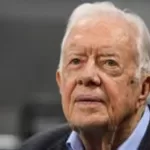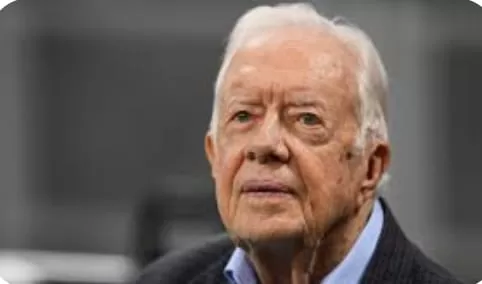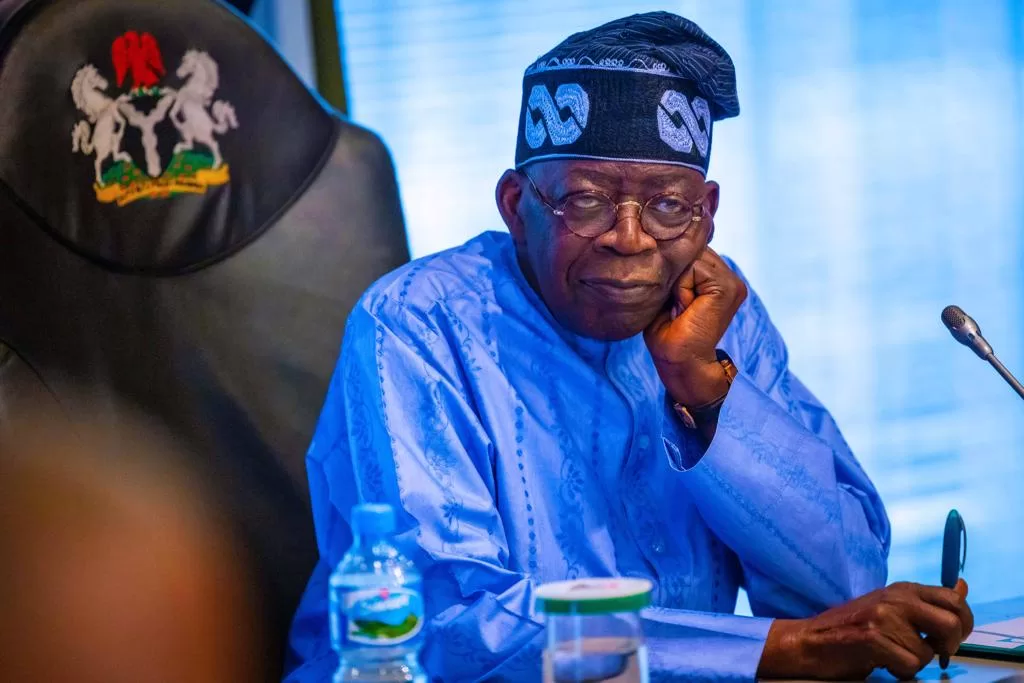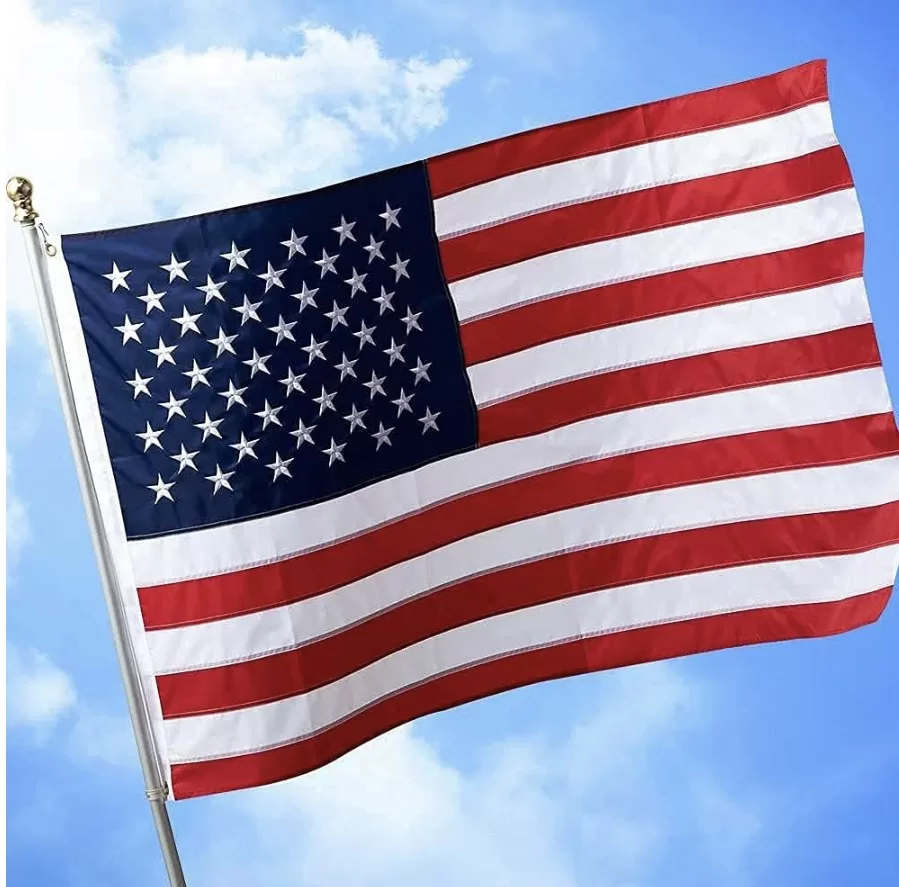As they took their seats in the front pews of Washington National Cathedral, dressed in dark suits and marked by mostly somber expressions, five current and former U.S. presidents came together to honour the life of Jimmy Carter.
For over an hour, the political rivalries, grievances, and ideological divides that had once defined their interactions were set aside for a moment of unity to commemorate one of their own.
Barack Obama and Donald Trump were the first of the group to arrive, engaging in an extended conversation as they settled in.
Trump, poised to return to the Oval Office in just 11 days, leaned toward Obama, listening intently despite the stark political differences between them. At times, their exchange was punctuated by smiles.
Obama, attending without Michelle, shared a pew with former presidents George W. Bush and Bill Clinton, along with their spouses.
President Joe Biden and First Lady Jill Biden arrived last, taking their seats in the row directly ahead of the other ex-presidents.
The members of this exclusive club, bound by their shared experience of leading the nation, conducted themselves with decorum.
Publicly, they tend to avoid criticizing one another or the sitting president, a tradition Trump has often broken.
Recently, he alternated between praising and criticizing Carter and expressed frustration that flags would still be flown at half-staff in Carter’s honour during his inauguration.
At one moment during the service, Trump glanced up as Vice President Kamala Harris entered with her husband, Doug Emhoff.
However, no greeting was exchanged between them as Harris and Emhoff took their seats directly in front of the Trumps.
After the service, Emhoff extended a handshake to Trump, making an effort to acknowledge him.
Obama, seated to Trump’s left, also conversed with Bush on his other side.
Bill Clinton, the last of the former presidents to arrive, shared a quick chat with Bush as he settled in alongside Hillary Clinton.
Before taking their seats, the former presidents held a private meeting, the White House confirmed.
State funerals are among the rare occasions that bring the presidents’ club together.
In a symbolic way, former President Gerald Ford was present as well—his son Steven delivered a eulogy written by Ford for Carter before Ford’s death in 2006.
While their paths seldom cross due to busy schedules and personal pursuits, former presidents understand the unique nature of state funerals, having each contributed to the planning of their own.
Their interactions at such events have varied. During George H.W. Bush’s funeral in 2018, Trump’s presence among his predecessors was marked by stiff and occasionally awkward exchanges.
At Carter’s funeral, Trump did not engage with Hillary Clinton, his 2016 rival, and shared minimal interaction with his former vice president, Mike Pence, who was seated behind him.
Their strained relationship, stemming from Pence’s refusal to overturn the 2020 election results, was evident.
Pence and his wife, Karen, maintained a low profile, with Karen appearing to avoid any direct engagement with Trump.
Trump’s relationship with his predecessors has been fraught. During his first term, he rarely sought their counsel and often criticized Republican figures, particularly the Bush family.
Carter, too, had distanced himself from the traditional rituals of the presidents’ club, even skipping the unveiling of his portrait to avoid sharing a room with Ronald Reagan, the man who defeated him in 1980.
Historically, many presidents have forged relationships with their predecessors.
Bill Clinton famously sought advice from Richard Nixon on Russian policy, and Harry S. Truman turned to Herbert Hoover for counsel.
Barack Obama, after the successful mission to eliminate Osama bin Laden, made one of his first calls to George W. Bush to share the news.
“The presidency is the loneliest job in the world,” said Kate Andersen Brower, author of Team of Five: The Presidents Club in the Age of Trump. “Usually, they reach out and rely on each other. But Trump didn’t have that during his first term, and it seems likely his next four years will follow the same pattern.”
Brower also noted Carter’s similarities to Trump in their outsider approach to Washington’s traditions.
“Carter and Trump, despite having little else in common, share a tendency to speak their minds without much concern for convention,” she remarked.











